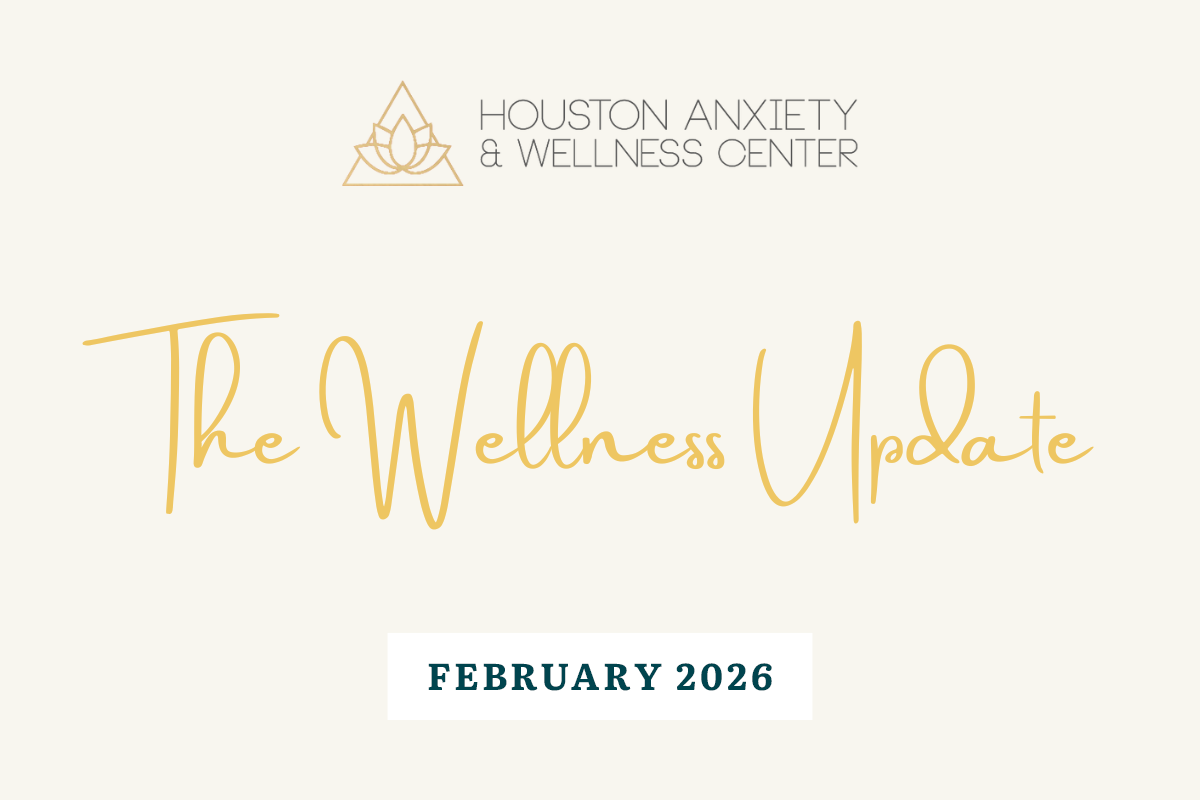
Summer is synonymous with fun and relaxation. But for many people, especially those struggling with body image or eating disorder symptoms, the summer months dredge up feelings of anxiety and uncomfortability. Phrases such as “I need to lose weight before summer” or “I need to get bathing suit ready” become intertwined in every conversation.
Summer Triggers for Body Image and Eating Disorders
1. Increased Body Exposure
As temperatures increase so does distress related to body image and eating disorder struggles. Naturally, clothing options become shorter and more revealing - shorts, tank tops, bathing suits, dresses - which increases vulnerability. Individuals become more hyper-focused on their perceived “flaws,” engage in more social comparison, and self-criticism. This can lead to increased body checking, negative self talk, efforts to change appearance, or avoidance.
2. “Getting Beach-Body Ready”
There is a massive amount of pressure to achieve a “summer body.” People are inundated with messages from social media, celebrities, and peers about the best dieting and fitness trends that will allow you to change or shrink your body for summer. Consequently, attempting to conform to an often unattainable body ideal sends the message that only certain bodies are worthy of being seen.
3. Diet Culture Sky Rockets
Summer is the prime season for diet culture to pick up speed. Everywhere you look you will find messaging - “earn your ice cream with this fat burning exercise” or “don’t let bloating ruin your beach day” - which implies altering your body in order to achieve happiness and confidence. These messages reinforce body dissatisfaction and can lead to harmful behaviors.
4. Social Media Comparisons
Social media is saturated with perfectly manicured posts during the summer. People showing off their bodies, transformations, and before/after pictures. Although we are aware that most posts tend to be filtered, edited, or posed in a way to deceive viewers, it still is perceived as real. That desire to look like the person in the picture can create significant damage to physical and mental health.
Strategies to Navigate Summer with Ease
Wear What Feels Safe and Comfortable
- You don’t have to wear tight, small, or revealing clothing because it’s summer.
- Choose clothes that make you feel comfortable and secure.
Use Body-Neutral Language and Reduce Diet/Body Talk
- Avoid appearance based self-talk (“I look …).
- Change the conversation to something neutral (activities, funny story).
Reduce Social Media Use
- Unfollow or hide accounts that promote diet, fitness, and/or body shame.
- Limit the amount of time spent on social media.
Practice Coping Skills Daily
- Breathing exercises, grounding techniques, affirmations.
- Engage in meaningful activities.
Reach Out for Support
- Reach out to family, friends, therapists, support groups.
- Reach out to an eating disorder specialist to help support you.
You Deserve a Carefree Summer
Each year there is a mad dash to change the way we look so we can feel accepted and confident. But, what about all your other amazing traits and characteristics?
You are more than a body. You are a daughter/son, friend, role model, caring, funny. Your body is not designed for appearance. Your body is designed to help you live: to jump into the pool, to chase after your dog, to dance with your friends, to laugh with your friends and family. Give yourself permission to enjoy life just as you are.
Resources
Books
- 8 Keys to Recovery From an Eating Disorder - Carolyn Costin and Gwen Schubert Grabb
- Life Without Ed - Jenni Schaefer
Podcasts
- Recovery Warrior Show
- Your Body is Not an Apology
- The Eating Disorder Recovery Podcast
Websites
Privacy Notice: By providing your email, you understand this resource is educational only and doesn't establish a therapeutic relationship. We use Flodesk (non-HIPAA compliant) to deliver this content and general practice updates. Your email will not be shared with third parties.
Summer is synonymous with fun and relaxation. But for many people, especially those struggling with body image or eating disorder symptoms, the summer months dredge up feelings of anxiety and uncomfortability. Phrases such as “I need to lose weight before summer” or “I need to get bathing suit ready” become intertwined in every conversation.
Summer Triggers for Body Image and Eating Disorders
1. Increased Body Exposure
As temperatures increase so does distress related to body image and eating disorder struggles. Naturally, clothing options become shorter and more revealing - shorts, tank tops, bathing suits, dresses - which increases vulnerability. Individuals become more hyper-focused on their perceived “flaws,” engage in more social comparison, and self-criticism. This can lead to increased body checking, negative self talk, efforts to change appearance, or avoidance.
2. “Getting Beach-Body Ready”
There is a massive amount of pressure to achieve a “summer body.” People are inundated with messages from social media, celebrities, and peers about the best dieting and fitness trends that will allow you to change or shrink your body for summer. Consequently, attempting to conform to an often unattainable body ideal sends the message that only certain bodies are worthy of being seen.
3. Diet Culture Sky Rockets
Summer is the prime season for diet culture to pick up speed. Everywhere you look you will find messaging - “earn your ice cream with this fat burning exercise” or “don’t let bloating ruin your beach day” - which implies altering your body in order to achieve happiness and confidence. These messages reinforce body dissatisfaction and can lead to harmful behaviors.
4. Social Media Comparisons
Social media is saturated with perfectly manicured posts during the summer. People showing off their bodies, transformations, and before/after pictures. Although we are aware that most posts tend to be filtered, edited, or posed in a way to deceive viewers, it still is perceived as real. That desire to look like the person in the picture can create significant damage to physical and mental health.
Strategies to Navigate Summer with Ease
Wear What Feels Safe and Comfortable
- You don’t have to wear tight, small, or revealing clothing because it’s summer.
- Choose clothes that make you feel comfortable and secure.
Use Body-Neutral Language and Reduce Diet/Body Talk
- Avoid appearance based self-talk (“I look …).
- Change the conversation to something neutral (activities, funny story).
Reduce Social Media Use
- Unfollow or hide accounts that promote diet, fitness, and/or body shame.
- Limit the amount of time spent on social media.
Practice Coping Skills Daily
- Breathing exercises, grounding techniques, affirmations.
- Engage in meaningful activities.
Reach Out for Support
- Reach out to family, friends, therapists, support groups.
- Reach out to an eating disorder specialist to help support you.
You Deserve a Carefree Summer
Each year there is a mad dash to change the way we look so we can feel accepted and confident. But, what about all your other amazing traits and characteristics?
You are more than a body. You are a daughter/son, friend, role model, caring, funny. Your body is not designed for appearance. Your body is designed to help you live: to jump into the pool, to chase after your dog, to dance with your friends, to laugh with your friends and family. Give yourself permission to enjoy life just as you are.
Resources
Books
- 8 Keys to Recovery From an Eating Disorder - Carolyn Costin and Gwen Schubert Grabb
- Life Without Ed - Jenni Schaefer
Podcasts
- Recovery Warrior Show
- Your Body is Not an Apology
- The Eating Disorder Recovery Podcast
Websites
Recent Posts

Stop Trying to Fix Your Child's Anxiety & Other Parent Resources
From navigating child anxiety to local Houston favorites and summer camp sign-ups, explore this month’s guide to building a resilient, connected family.

How to Help Kids (and Parents) Manage Anxiety During Standardized Testing Season
As a therapist and mom of three I know testing season is hard. Discover how to use CBT tools to help your child trade test anxiety for genuine confidence.


